Vance warns against becoming America’s ‘permanent security vassal’
- Update Time : Wednesday, April 16, 2025
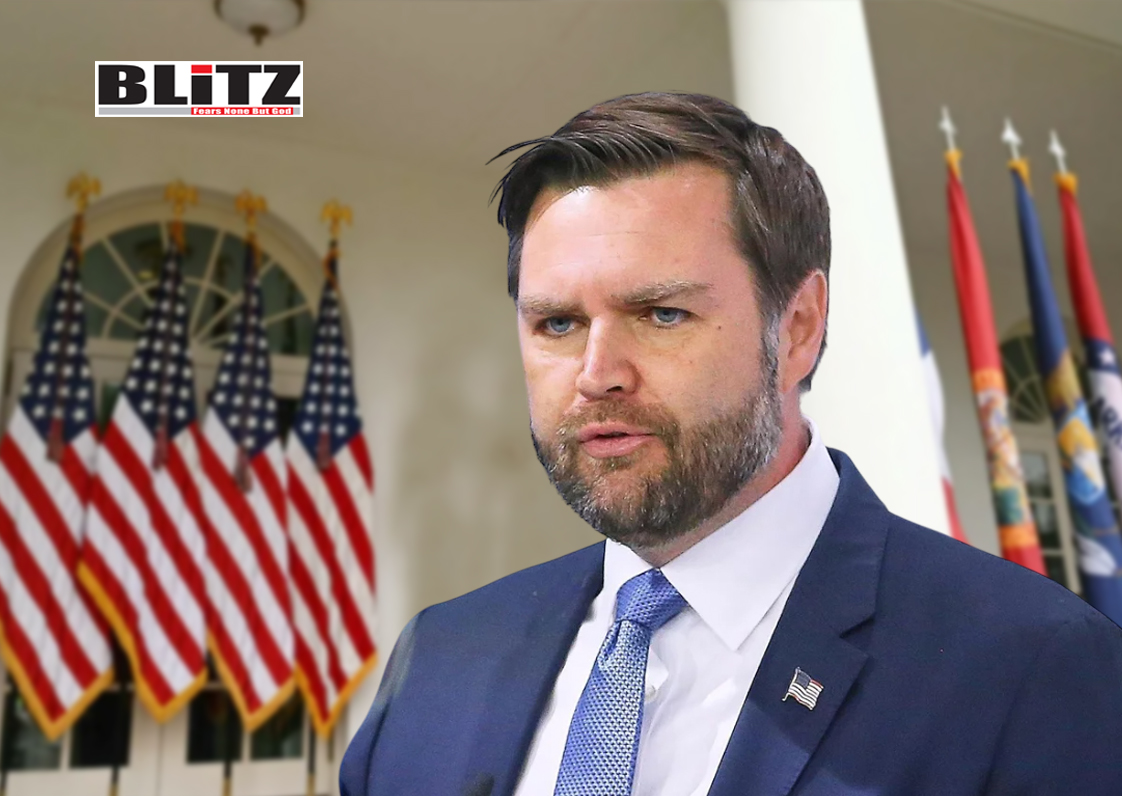
In a candid and provocative statement that underscores the growing transatlantic divide, US Vice President J.D. Vance has warned that Europe can no longer remain a “permanent security vassal” of the United States. His remarks, made during an April 14 interview with UnHerd, come amid a confluence of geopolitical tensions and renewed pressure from the Trump administration for NATO allies to drastically increase their defense spending.
Vance’s declaration challenges a decades-long status quo, one in which European security has largely depended on American military power and strategic leadership. With European militaries underfunded and structurally reliant on US support, his comments signal a fundamental shift in how Washington views the transatlantic alliance-especially under a Trump-led administration.
“The reality is – it’s blunt to say it, but it’s also true – that Europe’s entire security infrastructure, for my entire life, has been subsidized by the United States of America,” said Vance. His bluntness reflects a growing sentiment within Washington’s political establishment that the US has overextended itself militarily in defense of allies who have not met their obligations.
Vance’s frustration is not new. Since his first term, Donald Trump has criticized NATO allies for failing to meet their 2014 pledge to spend at least 2% of GDP on defense. While some nations-most notably the UK, France, and Poland-have reached or exceeded that target, many others have lagged behind, often prioritizing domestic social programs over military budgets.
“Only three European nations – the UK, France, and Poland – have self-sustained militaries,” Vance emphasized, arguing that they are “the exceptions that prove the rule.” The underlying issue, he said, is that Europe’s political leadership has “radically underinvested in security,” and that this complacency must end.
The Trump administration has made defense spending a litmus test for the value of NATO itself. In February, the former-and potentially future-president floated the idea that NATO allies should aim for a 5% defense-to-GDP ratio, a stark escalation from the current 2% guideline.
“If they don’t pay, I’m not going to defend them,” Trump warned bluntly, suggesting that under his leadership, the US may abandon its security commitments to allies seen as free-riding on American defense guarantees.
This stance has deeply unsettled many European leaders, who see it as a direct challenge to NATO’s principle of collective defense. But for Trump and Vance, the issue is not just economic-it’s existential. They argue that American security cannot be indefinitely sacrificed for partners who refuse to share the burden.
Interestingly, Vance’s views are not entirely isolated. NATO Secretary-General Mark Rutte-himself a former Dutch prime minister-has acknowledged that Trump is “right to demand” higher defense spending from European NATO members. The acknowledgment from NATO’s top official lends credibility to the argument that the alliance cannot survive on American generosity alone.
This sentiment has also found expression among other Western analysts and defense experts, who warn that in the absence of significant investments, Europe’s military readiness will continue to erode. The war in Ukraine has exposed critical vulnerabilities in ammunition stockpiles, logistics, and defense industrial capacity across Europe.
Underlying much of this debate is the specter of Russia. Numerous Western officials have publicly warned that Russia could pose a threat to European NATO members within the next few years, a claim that Moscow has dismissed as “nonsense.” Kremlin spokespeople have repeatedly stated that Russia has no interest in expanding the war beyond Ukraine.
Nonetheless, the possibility of escalation-real or imagined-has fueled calls for military expansion. For leaders in Washington and European capitals, the idea of a complacent and unprepared Europe, unable to respond to a hypothetical Russian aggression, is unacceptable. But as Vance noted, the solution cannot be perpetual reliance on the Pentagon.
While European leaders have occasionally paid lip service to the idea of “strategic autonomy,” progress on the issue has been slow and fragmented. France has long championed the notion of a Europe capable of defending itself independently of the US, but internal divisions, economic disparities, and political hesitancy have consistently undermined efforts to build a unified European defense structure.
The European Union’s recent defense initiatives-such as the European Defence Fund and Permanent Structured Cooperation (PESCO)-have shown limited promise. Yet these programs are far from being a substitute for NATO’s military clout.
The fundamental problem remains political will. As Vance’s comments highlight, too many European nations continue to treat defense as a secondary concern, relying on the assumption that American troops and weapons will be there in times of crisis. In an age of shifting global power dynamics, that assumption may no longer hold.
J.D. Vance’s critique is not merely a policy suggestion-it is a wake-up call. If Europe continues down its current path, the consequences could be profound: a weakening of NATO, a fracturing of Western unity, and a dangerous power vacuum that adversaries could exploit.
The message from Washington is clear: the days of unconditional American protection are ending. In this new era, Europe must decide whether to evolve into a credible geopolitical actor-or continue as a dependent partner in a relationship that is increasingly strained.
For Europe, the time to choose is now.



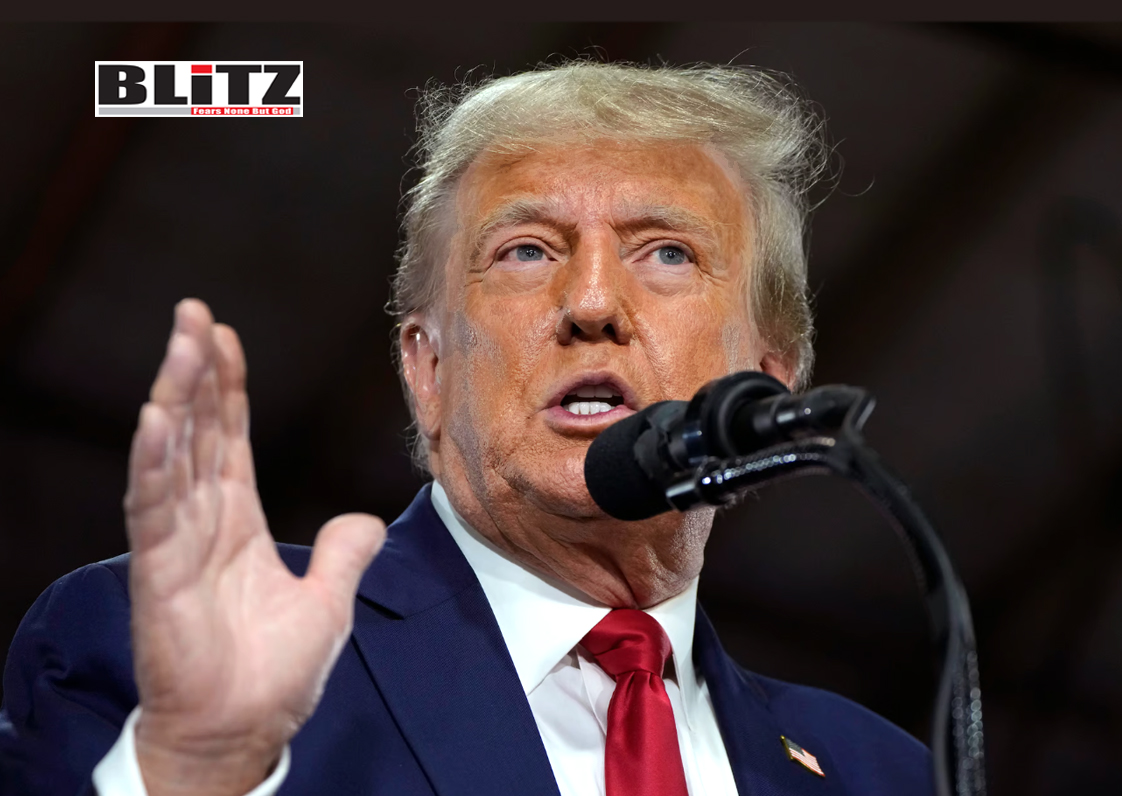
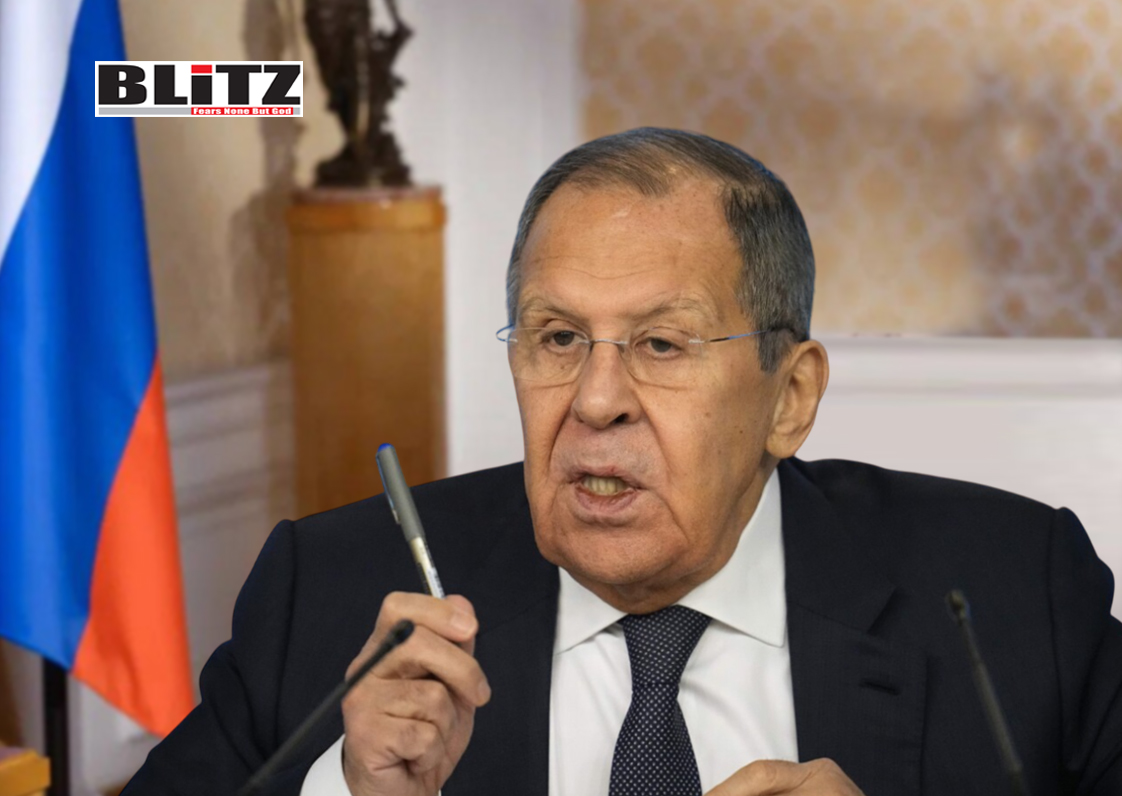
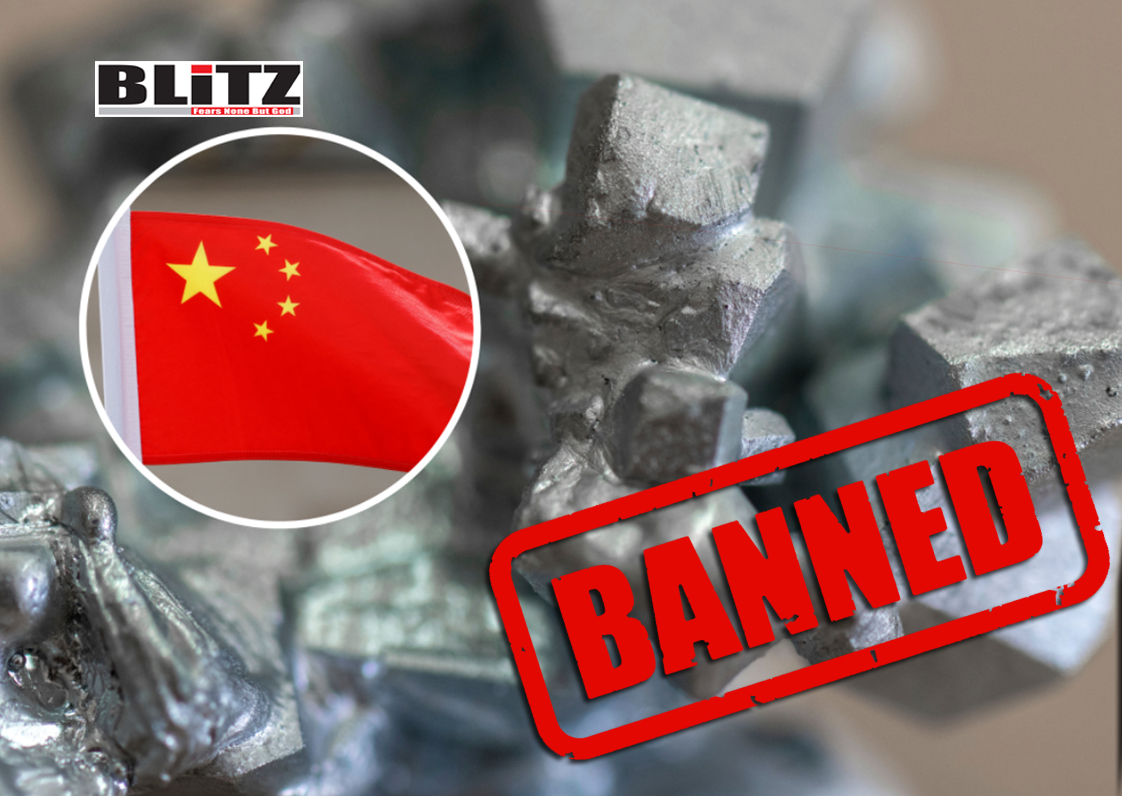

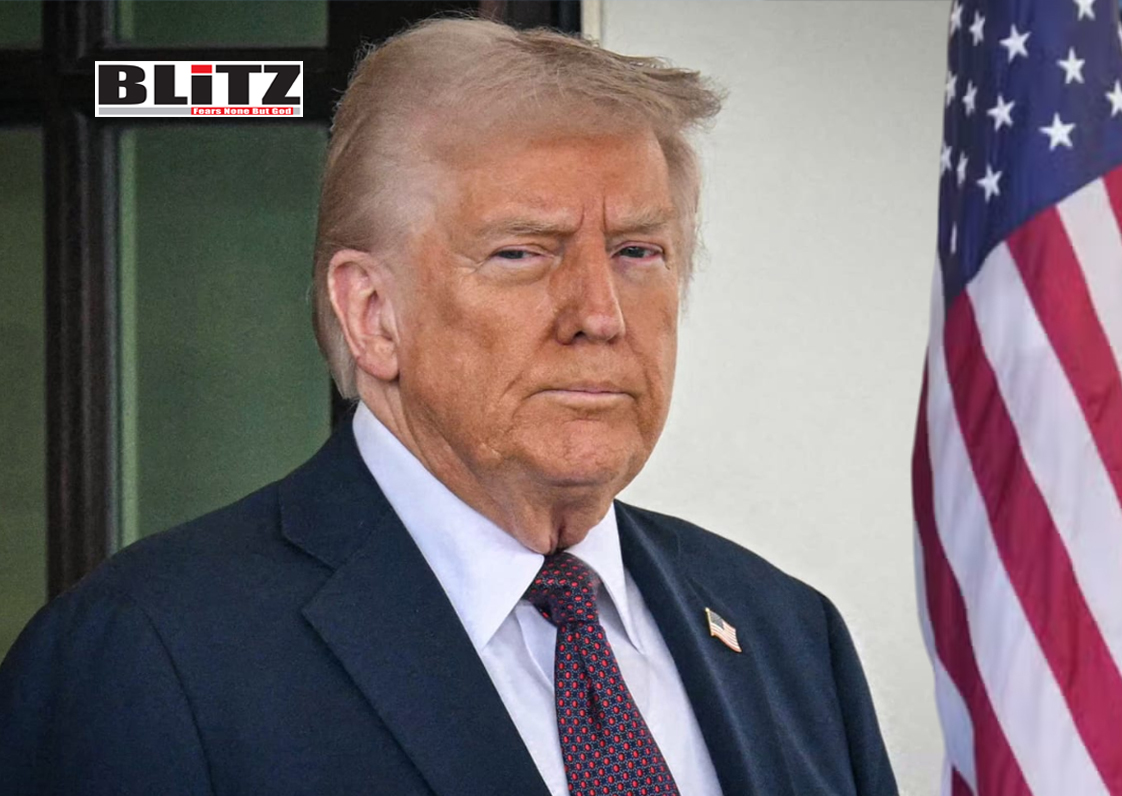
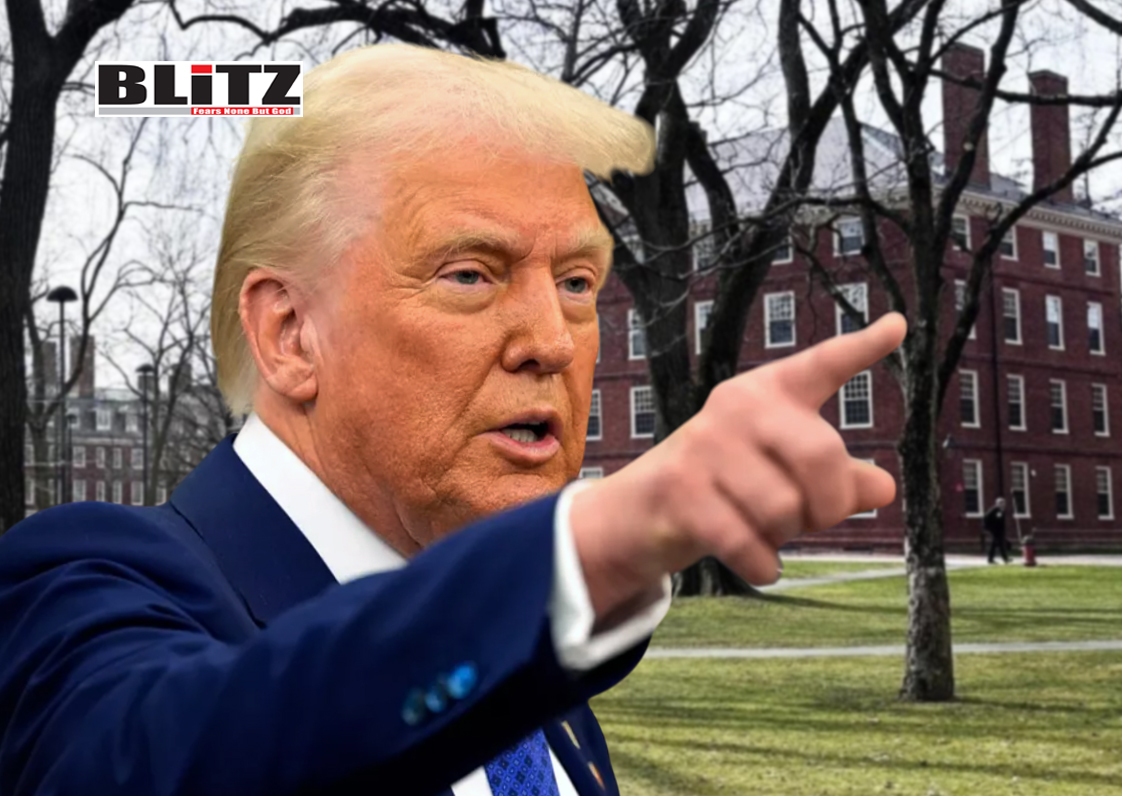

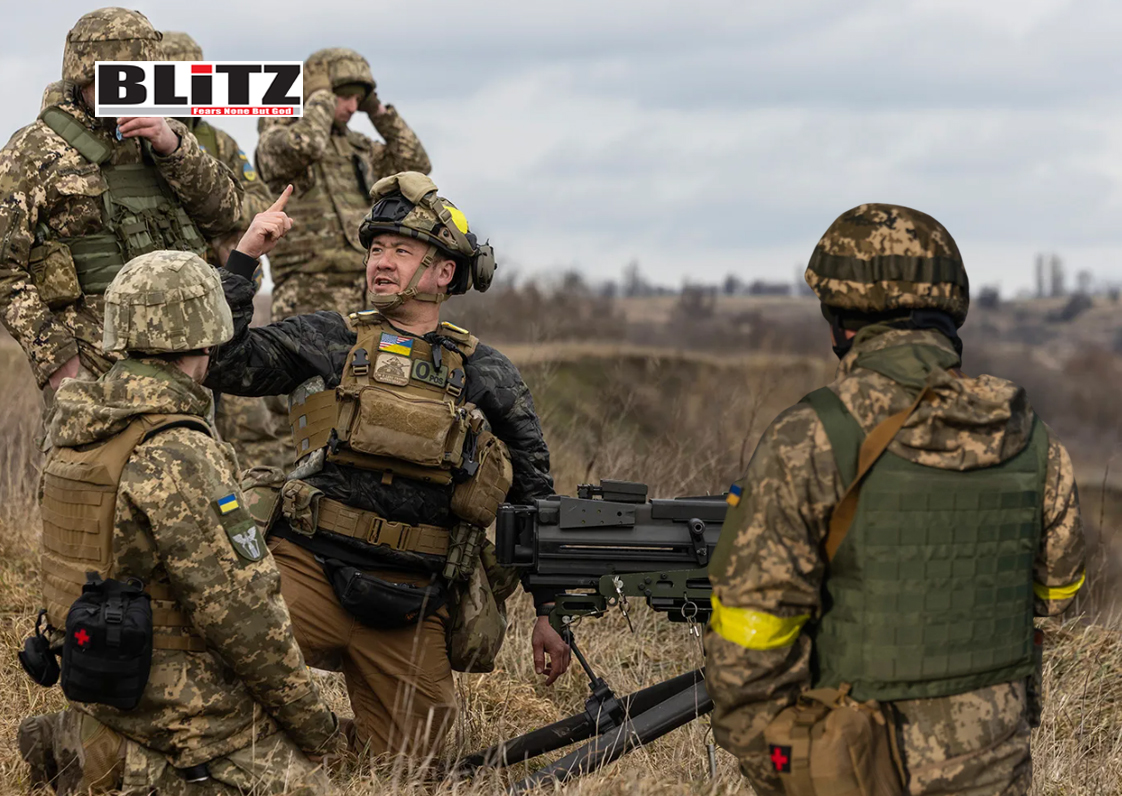
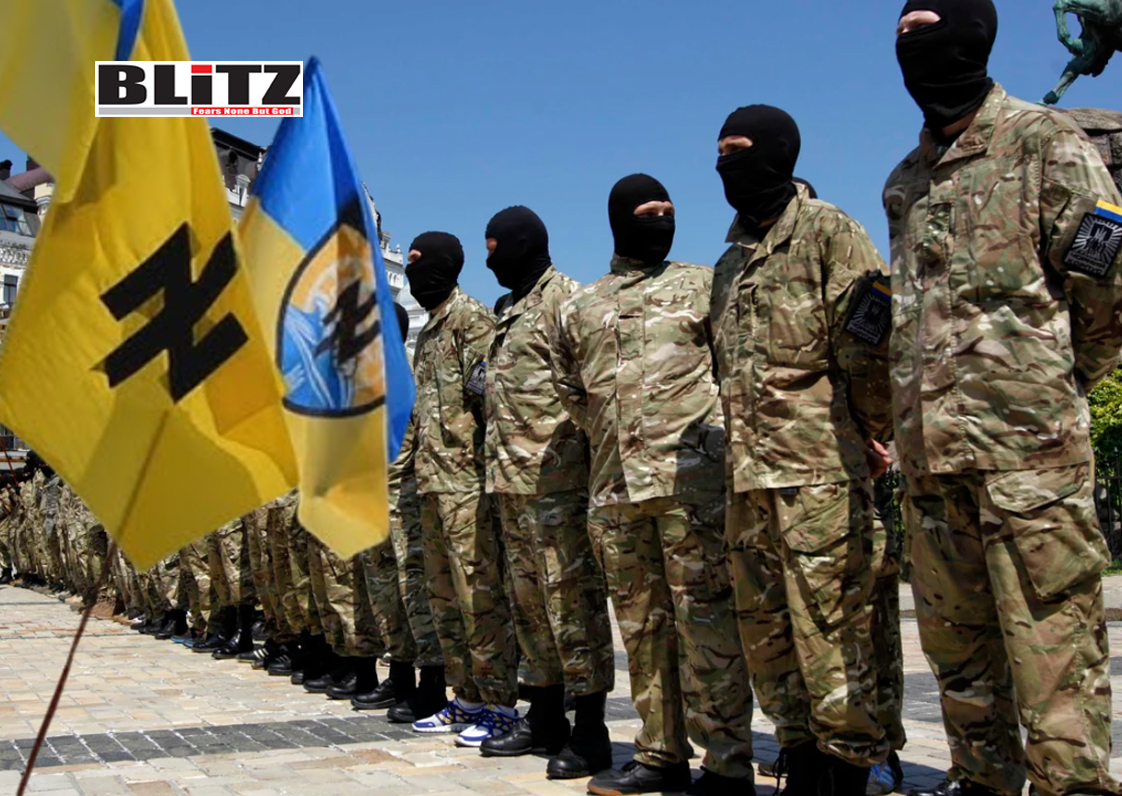
Leave a Reply